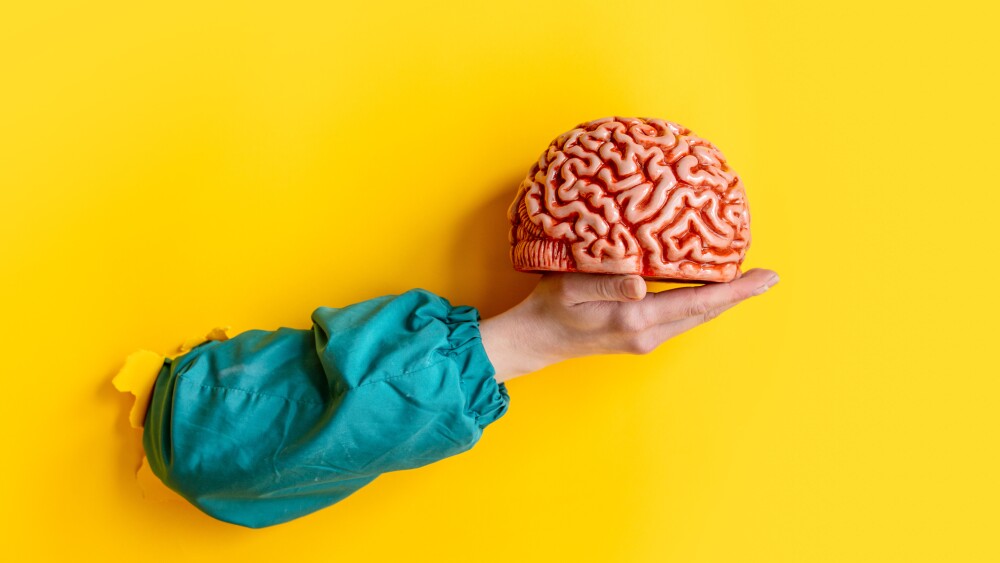EXTON, Pa., May 08, 2017 (GLOBE NEWSWIRE) -- Fibrocell Science, Inc. (NASDAQ:FCSC), a gene therapy company focused on transformational autologous cell-based therapies for skin and connective tissue diseases, announced today that the Data Safety Monitoring Board (DSMB) has recommended continuation of the Phase 1/2 clinical trial of FCX-007 for the treatment of Recessive Dystrophic Epidermolysis Bullosa (RDEB), following a review of safety data from the first patient treated. No product-related adverse events were reported.
“We appreciate the DSMB’s support to continue the evaluation of our leading gene therapy candidate, FCX-007,” said John Maslowski, Chief Executive Officer of Fibrocell. “We look forward to dosing additional adult RDEB patients in the Phase 1 portion of the trial with this novel therapy that has the potential to be transformative for patients suffering from this devastating disease.”
As specified in the protocol of this Phase 1/2 trial, additional adult patients can begin to be dosed with this recommendation from the DSMB. Six adult patients are targeted for the Phase 1 portion of the trial. Twelve-week post-treatment data for safety, mechanism of action and efficacy for multiple patients in the Phase 1 portion of this trial are expected in the third quarter of 2017.
FCX-007 has been granted Orphan Drug, Rare Pediatric Disease and Fast Track Designations by the U.S. Food and Drug Administration (FDA). Fibrocell is developing FCX-007 in collaboration with Intrexon Corporation (NYSE:XON), a leader in synthetic biology.
About FCX-007
FCX-007 is Fibrocell's clinical-stage, gene therapy product candidate for the treatment of RDEB, a congenital and progressive orphan skin disease caused by the deficiency of the protein type VII collagen (COL7). FCX-007 is a genetically-modified autologous fibroblast that encodes the gene for COL7 and is being developed in collaboration with Intrexon Corporation. By genetically modifying autologous fibroblasts ex vivo to produce COL7, culturing them and then treating wounds locally via injection, FCX-007 offers the potential to address the underlying cause of the disease by providing high levels of COL7 directly to the affected areas while avoiding systemic distribution. The FDA has granted Orphan Designation to FCX-007 for the treatment of Dystrophic Epidermolysis Bullosa, which includes RDEB. In addition, FCX-007 has been granted Rare Pediatric Disease Designation and Fast Track Designation by the FDA for treatment of RDEB.
About the Phase 1/2 Clinical Trial
The primary objective of this open-label clinical trial is to evaluate the safety of FCX-007 in RDEB patients. Additionally, the trial will assess the mechanism of action of FCX-007 through evaluation of COL7 expression and the presence of anchoring fibrils, as well as the efficacy of FCX-007 through evidence of wound healing. Assessments are performed at 4-, 12-, 25- and 52-weeks post-administration of FCX-007. Six adult patients are targeted to be treated with FCX-007 in the Phase 1 portion of the trial and six pediatric patients in the Phase 2 portion of the trial. Prior to conducting clinical trials on pediatric patients, Fibrocell is required to obtain allowance from the FDA by submitting evidence of FCX-007 activity in adult patients and data from its completed pre-clinical toxicology study. To learn more about the FCX-007 Phase 1/2 clinical trial, please visit www.clinicaltrials.gov and search the identifier NCT02810951.
About Recessive Dystrophic Epidermolysis Bullosa (RDEB)
RDEB is the most severe form of dystrophic epidermolysis bullosa (DEB), a congenital, progressive, devastatingly painful and debilitating genetic disorder that often leads to death. RDEB is caused by a mutation of the COL7A1 gene, the gene which encodes for type VII collagen, a protein that forms anchoring fibrils. Anchoring fibrils hold together the layers of skin, and without them, skin layers separate causing severe blistering, open wounds and scarring in response to friction, including normal daily activities like rubbing or scratching. Children who inherit the condition are often called "butterfly children" because their skin is as fragile as a butterfly's wings. We estimate there are approximately 1,100 – 2,500 RDEB patients in the U.S. Currently, treatments for RDEB address only the sequelae, including daily bandaging, hydrogel dressings, antibiotics, feeding tubes and surgeries.
About Fibrocell
Fibrocell is an autologous cell and gene therapy company translating personalized biologics into medical breakthroughs for diseases affecting the skin and connective tissue. Fibrocell’s most advanced product candidate, FCX-007, has begun a Phase 1/2 trial for the treatment of RDEB. Fibrocell is in pre-clinical development of FCX-013, its product candidate for the treatment of linear scleroderma. In addition, Fibrocell has a third program in the research phase for the treatment of arthritis and related conditions. Fibrocell’s gene therapy portfolio is being developed in collaboration with Intrexon Corporation (NYSE:XON), a leader in synthetic biology. For more information, visit http://www.fibrocell.com or follow us on Twitter at @Fibrocell, and LinkedIn.
Trademarks
Fibrocell, the Fibrocell logo and Fibrocell Science are trademarks of Fibrocell Science, Inc. and/or its affiliates. All other names may be trademarks of their respective owners.
Fibrocell Forward-Looking Statements
This press release contains, and our officers and representatives may from time to time make, statements that are “forward-looking statements” within the meaning of the safe harbor provisions of the U.S. Private Securities Litigation Reform Act of 1995. All statements that are not historical facts are hereby identified as forward-looking statements for this purpose and include, among others, statements relating to: Fibrocell’s expectations regarding the timing of the completion of adult patient enrollment, dosing and reporting of results for the Phase 1 portion of its Phase 1/2 clinical trial of FCX-007; the potential advantages of Fibrocell’s product candidates; the sufficiency of the Company’s cash and cash equivalents to fund operations into the second quarter of 2018 and other statements regarding Fibrocell’s future operations, financial performance and financial position, prospects, strategies, objectives and other future events.
Forward-looking statements are based upon management’s current expectations and assumptions and are subject to a number of risks, uncertainties and other factors that could cause actual results and events to differ materially and adversely from those indicated herein including, among others: uncertainties and delays relating to the initiation, enrollment and completion of pre-clinical studies and clinical trials; whether pre-clinical study and clinical trial results will validate and support the safety and efficacy of Fibrocell’s product candidates; unanticipated or excess costs relating to the development of Fibrocell’s gene therapy product candidates; Fibrocell’s ability to obtain additional capital to continue to fund operations; Fibrocell’s ability to maintain its collaboration with Intrexon Corporation; and the risks, uncertainties and other factors discussed under the caption “Item 1A. Risk Factors” in Fibrocell’s most recent Form 10-K filing and Form 10-Q filings. As a result, you are cautioned not to place undue reliance on any forward-looking statements. While Fibrocell may update certain forward-looking statements from time to time, Fibrocell specifically disclaims any obligation to do so, whether as a result of new information, future developments or otherwise.
Investor & Media Relations Contacts: Karen Casey Fibrocell +1 (484) 713-6133 kcasey@fibrocell.com




